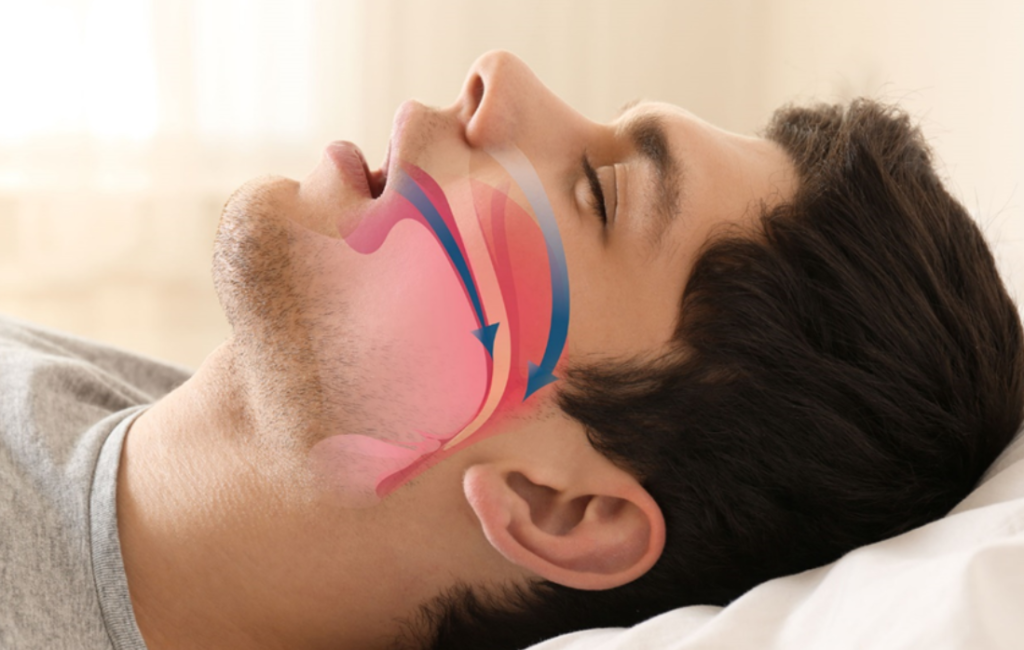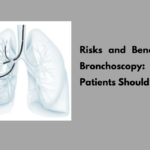
Sleep apnea, a common sleep disorder characterized by interrupted breathing during sleep, can significantly impact one’s quality of life. While medical interventions such as continuous positive airway pressure (CPAP) therapy are often prescribed, lifestyle changes can also play a crucial role in improving sleep quality for those with sleep apnea. In this blog, we’ll explore various lifestyle modifications that can help manage sleep apnea and promote restful sleep.
- Maintain a Healthy Weight: Obesity is a significant risk factor for obstructive sleep apnea (OSA), the most common type of sleep apnea. Carrying extra weight can lead to blocked airways during sleep. By adopting a healthy diet and regular exercise routine, individuals can shed excess pounds and potentially alleviate symptoms of sleep apnea.
- Establish a Consistent Sleep Schedule: Irregular sleep patterns can worsen sleep apnea symptoms. Try to maintain a consistent sleep schedule by going to bed and waking up at the same time daily, including weekends. This regularity helps to stabilize your internal clock and improve sleep quality.
- Develop a Soothing Bedtime Routine: Participate in relaxing activities before bed to let your body know it’s time to unwind. This could include reading, taking a warm bath, practicing relaxation techniques such as deep breathing or meditation, or listening to soothing music.
- Improve your sleeping conditions: Create a sleep-friendly environment in your bedroom by ensuring it is dark, quiet, and cool. Invest in a comfortable mattress and pillows that support your head and neck alignment. Think about using white noise machines or earplugs to eliminate disruptive noises.
- Limit Stimulants and Alcohol: Avoid consuming caffeine and nicotine close to bedtime, as these substances can interfere with sleep quality and exacerbate sleep apnea symptoms. Similarly, limit alcohol intake, especially in the evening, as alcohol relaxes the throat muscles, leading to increased airway obstruction.
- Practice Sleep Hygiene: Good sleep hygiene habits can enhance sleep quality for individuals with sleep apnea. This includes avoiding large meals, heavy exercise, and electronic devices before bedtime, as well as creating a comfortable sleep environment free of distractions.
- Sleep Positioning: Sleeping on your back can worsen sleep apnea symptoms by causing the tongue and soft tissues to collapse into the airway. Try sleeping on your side instead, either by using specialized pillows or placing a tennis ball in a sock and pinning it to the back of your pajamas to discourage back sleeping.
- Consider Weight Loss Surgery: For individuals with severe obesity-related sleep apnea who have been unable to lose weight through lifestyle changes alone, weight loss surgery may be a viable option. Bariatric surgery can lead to significant weight loss and improvement in sleep apnea symptoms.
By incorporating these lifestyle changes into their daily routine, individuals with sleep apnea can take proactive steps towards improving their sleep quality and overall well-being. However, it’s essential to consult with a healthcare professional, particularly a sleep specialist, to develop a comprehensive treatment plan tailored to individual needs.
In Thergaon, Pune, Dr. Yogesh Agrawal stands as a beacon of expertise and compassion in the field of sleep medicine. As the best sleep specialist in Wakad, Dr. Agrawal is dedicated to helping patients effectively manage sleep apnea through personalized care and evidence-based treatments. Whether it’s implementing lifestyle changes or exploring other treatment options, Dr. Agrawal’s guidance and expertise can make a significant difference in restoring restful sleep and improving quality of life.
Summary
Lifestyle changes are crucial in managing sleep apnea and enhancing sleep quality. From maintaining a healthy weight to optimizing the sleep environment and practicing good sleep hygiene, small adjustments can yield significant improvements. With the guidance of experts like Dr. Yogesh Agrawal in Thergaon, Pune, individuals with sleep apnea can embark on a journey towards better sleep and improved overall health.




